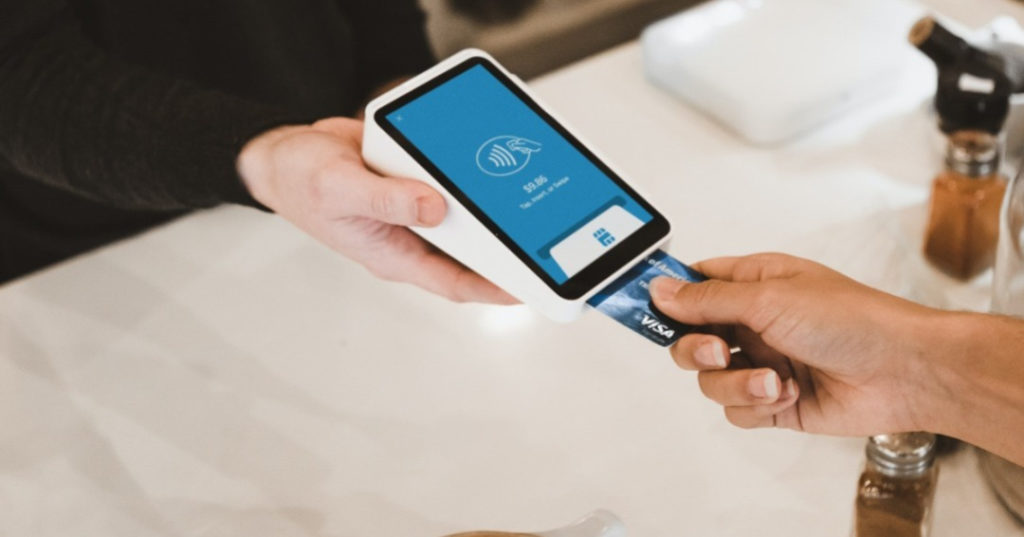What is a Credit Score?
A credit score is a three-digit number ranging from 300-900. It reflects an individual’s creditworthiness, and impacts whether they can secure a loan, a credit card, etc. It is recommended that individuals try to keep the Credit score above 700 so that lenders are assured of their financial reliability.
Credit Card Payment: Impact on Credit Score
When an individual has a consistently good credit score, evidence to prove a stable income, enough disposable income, and the ability to repay debts, lenders may consider them worthy of loans and credit cards. However, on securing a credit card, individuals must spend with caution. Every credit card issuer requires the borrower to pay a portion of the balance each month. Borrowers can either pay the full balance each month, or opt to pay the minimum balance each month. Now, paying the minimum due as opposed to the total can impact your credit score and may even increase your debts.
If a user only pays the minimum amount due on their credit cards each month, even if consistently, eventually repaying the amount will not only take longer, but it will also become more expensive. Further, the debt will begin to multiply and could become a challenge to clear out.
And if the user continues to make additional purchases, which only reduces the credit limit, this can have a severe negative impact on the credit score. This is because the user is not paying the total amount due each month, but making regular, perhaps even unwarranted, purchases, which becomes an unhealthy financial habit.
Every credit card user should know that their credit report includes pertinent details like rating, amount due, past due, amount paid and balance. Credit card issuers prepare these reports and share them with credit bureaus. It is these bureaus that analyse the data thus shared with them and create a user profile of the individual describing their creditworthiness. Therefore, any lax in repayment, repeated payment of only the minimum amount instead of the total amount due, unchecked expenses – all of these will definitely reflect in an individual’s credit report.
Impact of Lifestyle and Financial Habits on Credit Score
In addition, the kind of lifestyle a borrower leads too may have an impact on their creditworthiness and determine whether they can be upgraded to getting additional credit or loans, such as home loan, car loan, education loan, loans for home improvement, purchasing gadgets, etc. Every repayment, when made on time, directly affects our credit score. In fact, how an individual goes on about their financial lifestyle can even determine whether they can get a credit card or not.
If a user adopts healthy financial habits, viz., saving more than spending, investing in good avenues, using their credit card smartly, it can help determine the eventual credit limit a user is issued. A greater credit limit means a lender knows and trusts that the borrower will be able to repay the entire amount, and will not default on any payment.
Those looking to own a credit card must first know all the related terms and conditions. If one can only pay the minimum amount due every month, instead of the total amount, they must be prepared for the possibility of a higher rate of interest. Know that paying the minimum due can only be a short-term arrangement. Reconfigure your budget and other expenses to ensure things don’t get out of hand.



